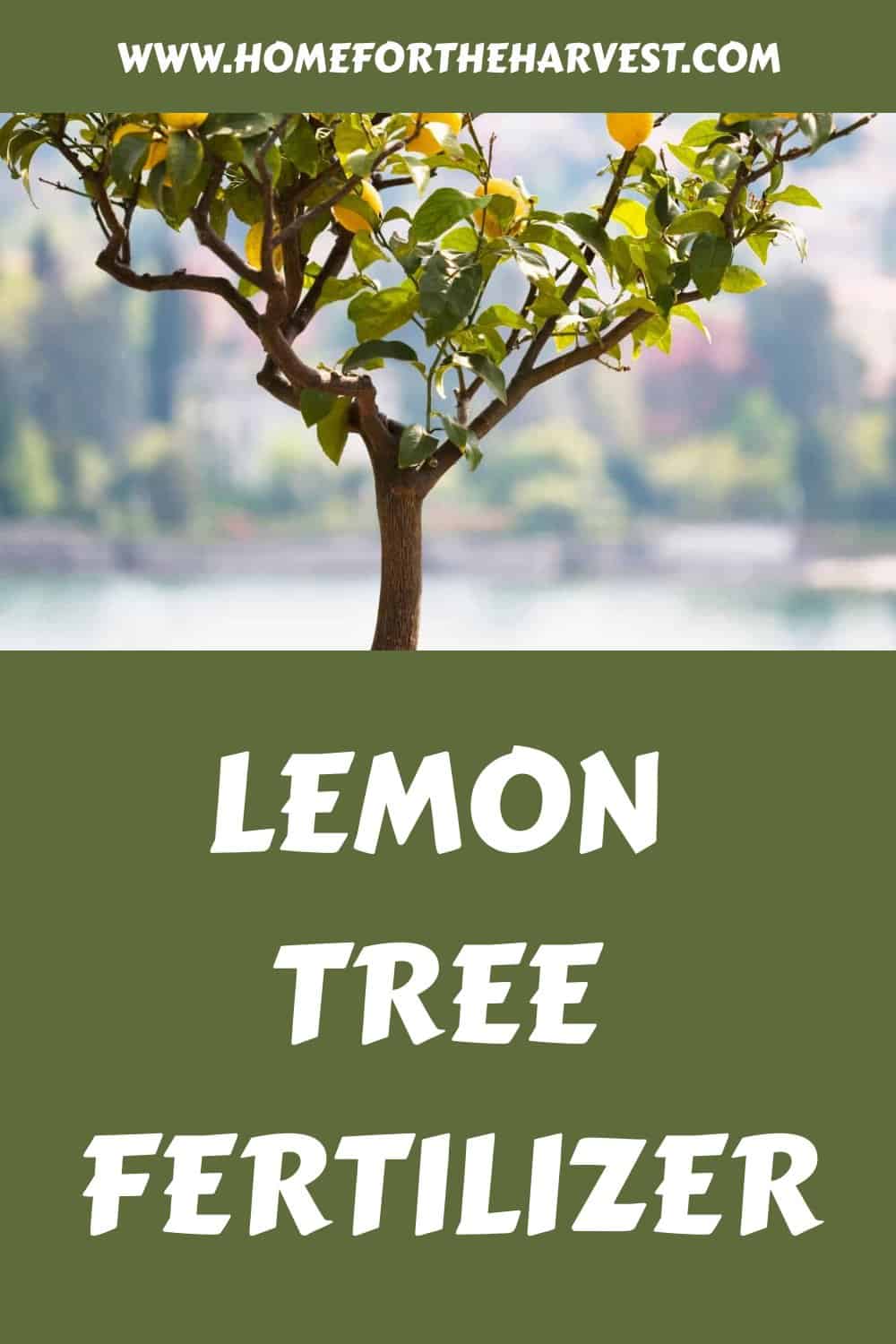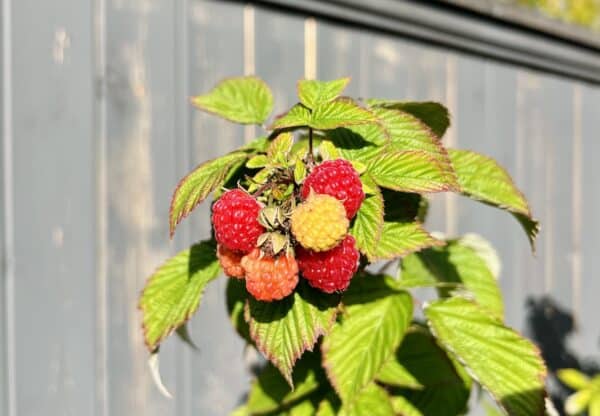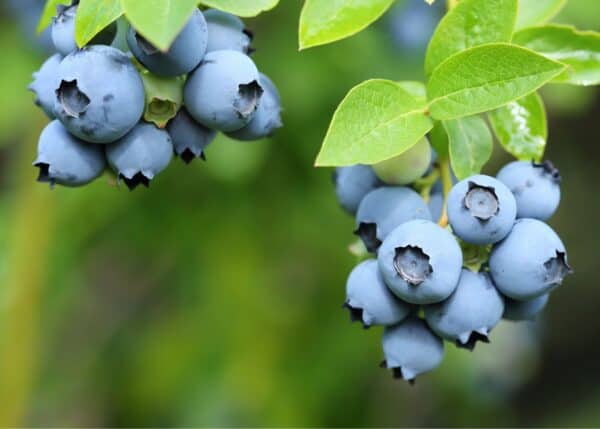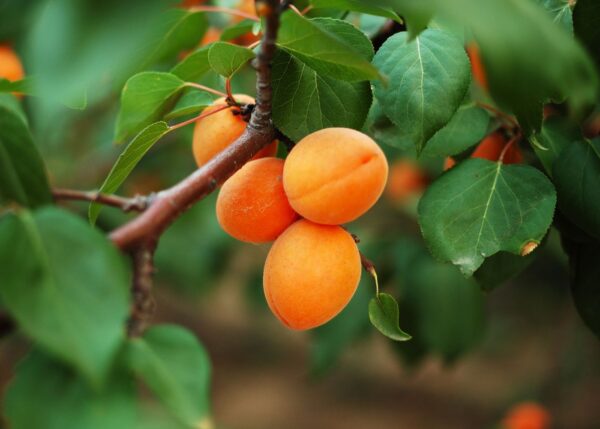If you have beautiful lemon trees in your yard or home, you probably want to know what type of lemon tree fertilizer to use to help it grow healthy and strong. Lemon trees are fantastic plants to have around for fruit production and are fairly simple to care for. Take a look at these lemon tree fertilizer tips for optimal lemon tree growth.
Best fertilizers for lemon trees
Potted citrus trees depend upon the gardener to add fertilizer since they are not part of a natural soil ecosystem. It’s your job to make sure these plants are getting proper nutrition and care so they can grow well.
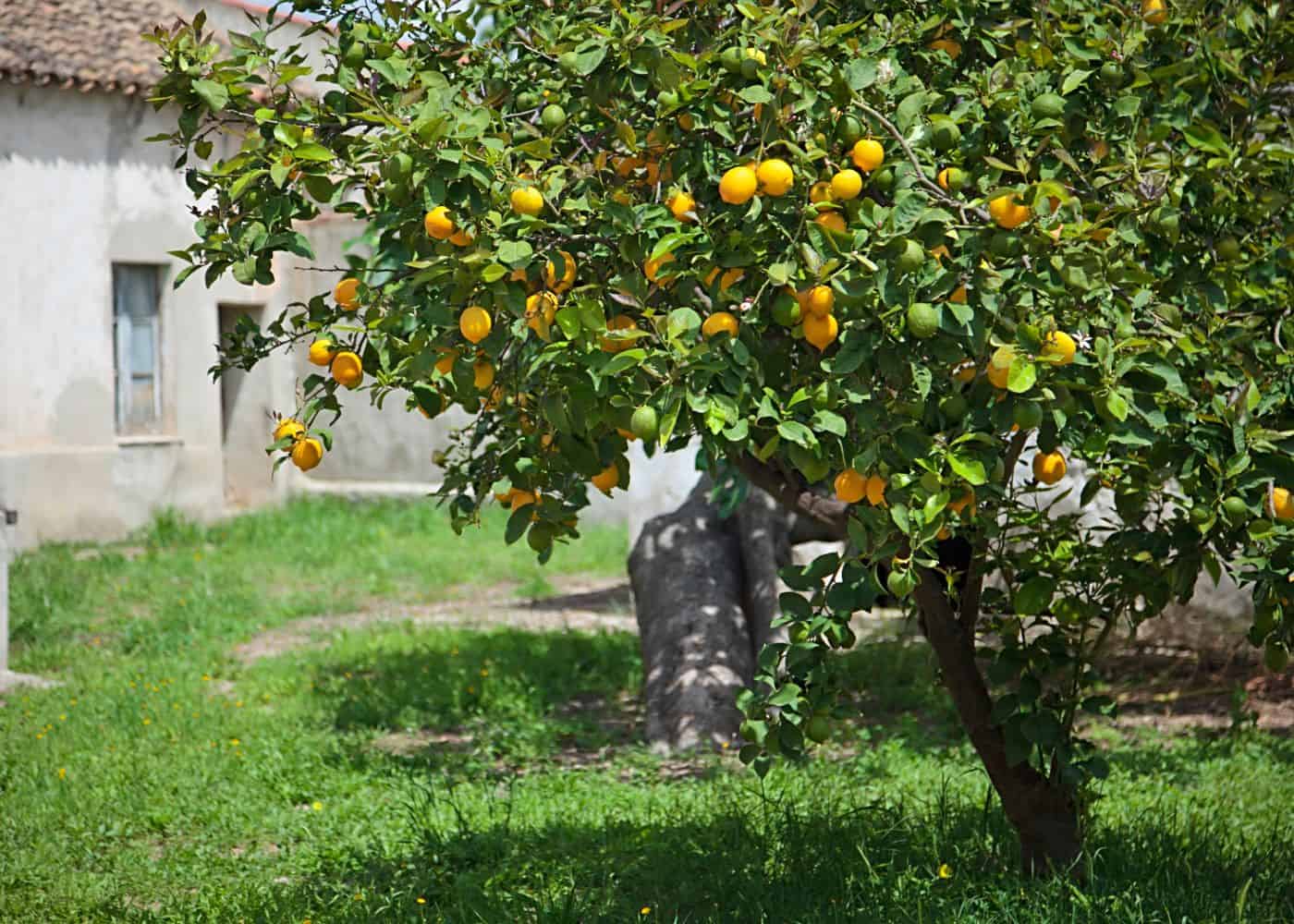
Shopping tips for choosing a lemon tree fertilizer
I recommend using an organic fertilizer whenever possible as these products tend to be more diluted and, therefore, less likely to burn plants or lead to other detrimental effects from overfertilization.
When choosing a lemon tree fertilizer formula, look for something with a somewhat balanced and single-digit NPK ratio (roughly similar numbers in the NPK ratio). NPK stands for nitrogen, phosphorus, and potassium.
Citrus plants tend to prefer fertilizers with lower P than N, so the ratio usually contains a low number in the middle (such as 4-2-3). A balanced ratio will ensure that the nutrients required for root growth, soil health, and protection against damaging agents are available to the plant
You can use either liquid fertilizers (or powders that dissolve in liquid) or apply dry granular fertilizer. This preference solely depends on how you like to apply your fertilizer and where your plant is located. They all work equally well and end up giving the plant the nutrients it needs in the end.
If your tree is indoors, look for a low-odor product (especially if using liquid fertilizer). You won’t want to smell the fertilizer inside the home, and they can sometimes be overpowering.
How to fertilize lemon trees?
Since lemon trees are moderate feeders, try using a water-soluble formula. Fertilize your lemon trees weekly or every other week throughout the active growing season as long as temperatures are warm.
If using dry granules or dry powder, apply it on top of the soil in a very thin layer and water it in. You can also mix dry slow release fertilizer into the soil at planting time or at repotting time.
Reduce or stop fertilizing completely in winter each year due to the shorter daylight period and cooler temperatures. Stop fertilizing lemons when the soil temperature is regularly below 60 degrees F (15 degrees C).
Always follow lemon tree fertilizer application rates on the package. More fertilizer is not better.
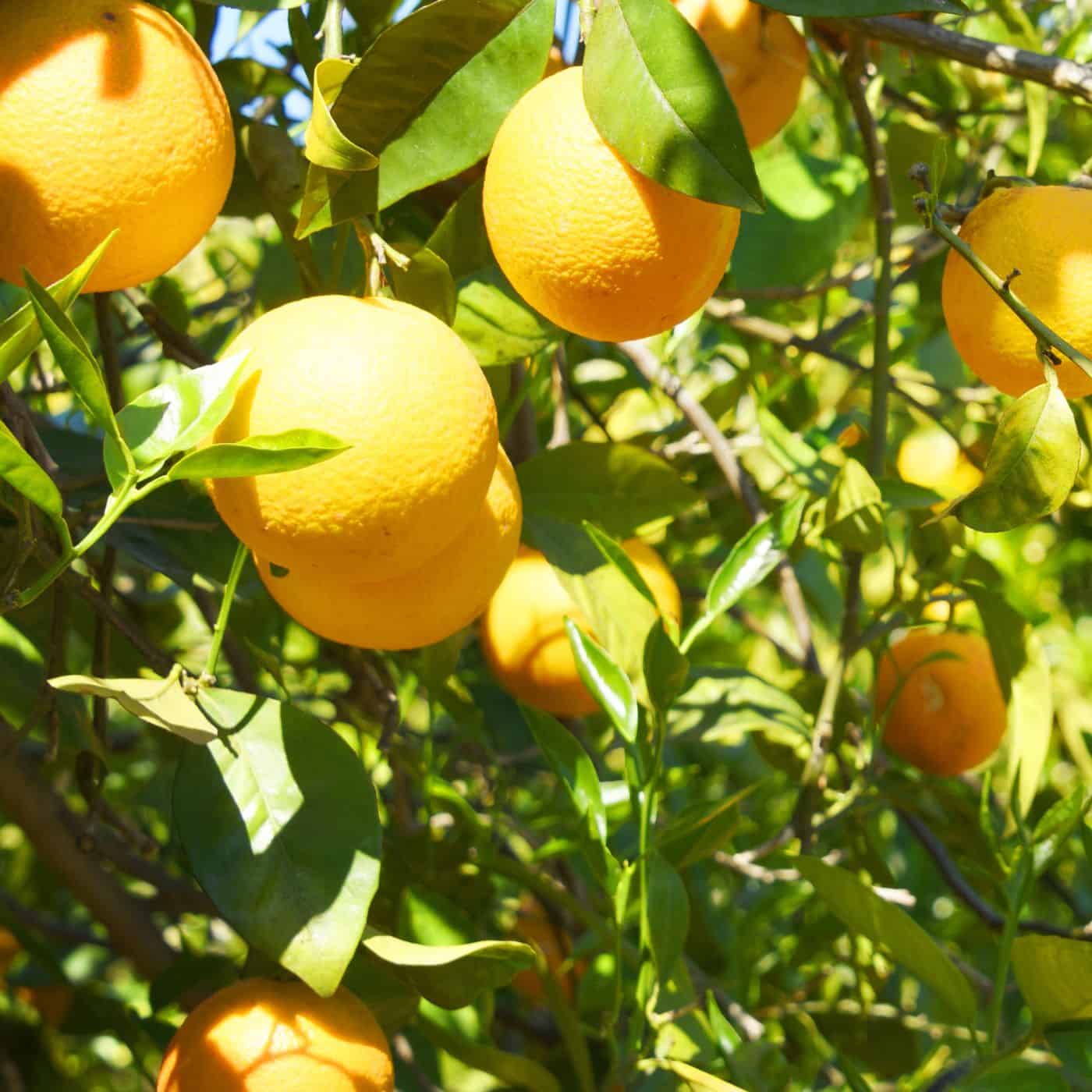
Different forms of citrus fertilizer products
Not sure which type of fertilizer to use for your lemon tree? There are pros and cons to all of the kinds; just choose which you think will be most convenient for you as the gardener but beneficial to your lemon trees. Here are the three most common kinds of lemon tree fertilizer and their benefits.
1. Stakes
This form of lemon tree fertilizer has premeasured amounts of fertilizer in them. They slowly release the nutrients to your citrus tree over time all season long. The stake is placed along the plant’s drip line for easy access. This is a great option if you know you will forget to fertilize your fruit trees or if you travel a lot. No need to reapply the fertilizer as the stake will do all the work.
2. Liquid
Liquid fertilizers should be diluted with water if they aren’t purchased already diluted. These work well for the instant feedings of your fruit trees. The liquid fertilizer reaches the tree quickest in this form, as citrus trees are moderate feeders. Consider this option if you know you will stay on top of fertilizing schedules.
3. Granular
This powder or sand-looking fertilizer comes in a bag and has to be hand placed in the soil. Mix it in with your hands or a trowel so the tree can soak up the nutrients. This is a budget-friendly option for fertilizer, but it requires a little more work on the front end. If you don’t mind the labor, it’s a great option.
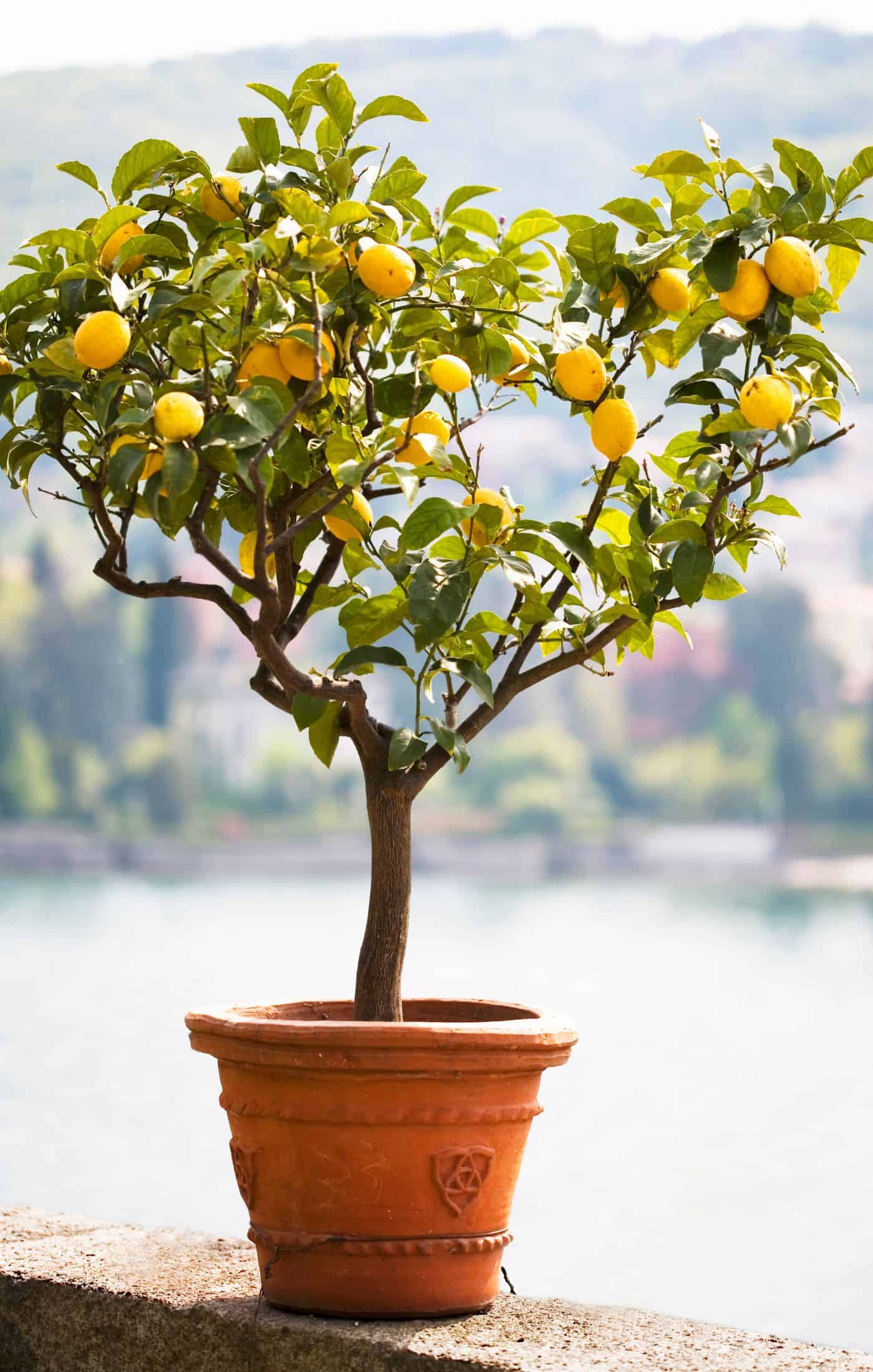
More ways to help your lemon plant thrive
- Iron chlorosis is a common micronutrient deficiency in container-grown citrus plants. Iron deficiency may be the problem if the tree leaves are yellow but still have green veins. While the problem may be limited iron in the soil, it may also be that a pH imbalance is preventing the iron from being available to the roots, or by cool temperatures in the roots (or other less-than-ideal lemon tree conditions)
- A citrus fruit tree like a lemon needs full sun to thrive. These tropical plants are used to plenty of sun so don’t place them in shady areas and deprive them of lovely sunlight.
- Typically, keep container-grown lemon trees to 3-5 feet tall by pruning them in a pot.
- Lemon trees can be pruned as upright trees or shrubs.
- Lemon trees bloom intermittently year-round but mainly in late winter to spring.
- The fruiting season is generally in the fall, but also late winter and spring. Fruit production will vary from plant to plant and season to season.
More notes on feeding citrus trees
As you prepare to fertilize lemon trees, think about how much time you will be able to dedicate to caring for your plants. In weighing those options, determine if liquid, granular, or stake fertilizer will be your best options. Also, consider the ramifications of the tree being indoors if you plan to keep it away from the elements.
I highly recommend organic citrus fertilizer as an option because of the gentle, natural, broad spectrum of nutrients your lemon tree will gain from it. Organic citrus fertilizer may be a tad pricier, but your lemon tree will thank you in the long run.



